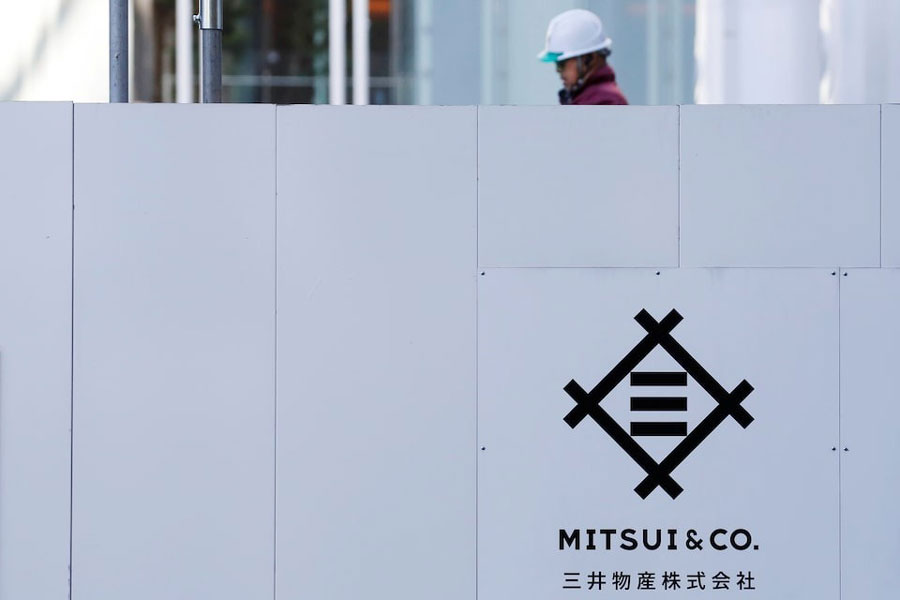
Published :
Updated :

Japanese trading houses Mitsui & Co (8031.T), Sumitomo Corp (8053.T), and Sojitz (2768.T) on Thursday issued cautious profit forecasts for the current fiscal year as US tariffs threaten global supply chains and increase economic uncertainty.
Japan's top trade negotiator Ryosei Akazawa is in the United States this week trying to negotiate a tariff deal with President Donald Trump's administration.
The Bank of Japan on Thursday sharply cut its economic growth forecast for the year ending March 2026 to 0.5 per cent from 1.1 per cent and kept interest rates unchanged, as tariffs weigh on exports.
Mitsui, where Warren Buffett's Berkshire Hathaway (BRKa.N) is a large minority shareholder, said it expects its annual net profit to fall 15 per cent to 770 billion yen ($5.3 billion), citing a 43 billion yen drop in profits for its machinery and infrastructure businesses, among other items.
"We are particularly cautious in the machinery sector, where supply chains span the globe, and in the North American automotive business, where we have adopted a conservative approach to setting margins," Chief Executive Kenichi Hori told a press conference.
"Additionally, we've made conservative assumptions for energy and metal prices," he said, but added that tariff-driven supply chain disruptions could also create opportunities for Mitsui, allowing it to leverage its trading functions to support customers in finding alternative sources.
Sumitomo, where Berkshire Hathaway is also a large minority shareholder, projected a record high net profit of 570 billion yen for the current year but allocated a 40 billion yen buffer to hedge against the potential fallout from U.S. tariffs.
"We face the risk of a global recession unlike anything we have experienced," CEO Shingo Ueno said, pointing to slowing US and Chinese economies, a weak dollar, high interest rates and rising material and labour costs.
Sojitz, meanwhile, forecast net profit of 115 billion yen this fiscal year, up 4% from the previous year, after factoring in a 5 billion yen negative impact from the tariffs.
"There will be a direct impact on our North American auto sales, and an indirect negative effect on Southeast Asia due to US-China tensions," CEO Kosuke Uemura said.
"However, the reshaping of trade flows also presents new opportunities," he added.
($1 = 144.3000 yen)
Reporting by Yuka Obayashi and Katya Golubkova; Editing by Kate Mayberry
Our Standards: The Thomson Reuters Trust Principles.


 For all latest news, follow The Financial Express Google News channel.
For all latest news, follow The Financial Express Google News channel.